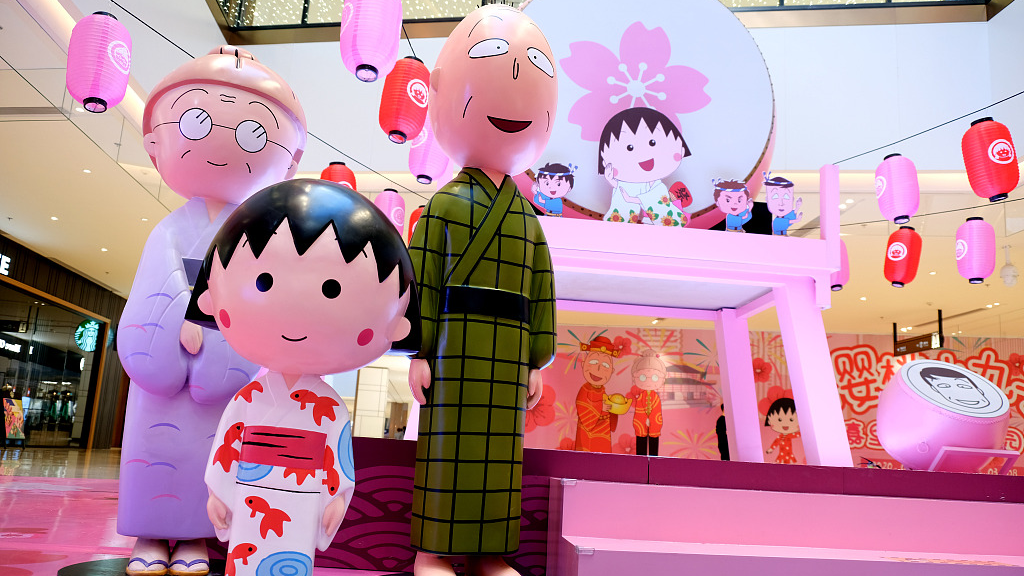
The Japanese animation industry has been challenged by coronavirus epidemic.
As of June 1, a total of 45 television and movie animations in Japan have been delayed or stopped broadcasting, including the beloved "Chibi Maruko-chan," which has run for the past 30 years.
China Central Television (CCTV) reported that since officials declared a state of emergency for the Tokyo metropolitan area on April 7, one local animation production company made its employees work from home. The head of the company said that most animations need special drawing paper and a light pad. Drawing at home is not only time consuming but also decreases efficiency due to the back and forth as drawings are submitted and revised. The work of employees who drew animations by hand was made 30 percent less efficient as a result.
Animation dubbing has also been hit hard. Japanese media has reported that a number of Japanese voice actors and actresses tested positive for COVID-19. As dubbing needs to be carried out in an enclosed environment, all animation dubbing work has been suspended since April. A recording studio in Tokyo reopened on June 1 after a nearly two-month closure.
A survey by the Association of Japanese Animations has shown that the Japanese animation market made 2.18 trillion yen (19.7 billion U.S. dollars) in 2018. The suspension of one section in its long and closely-connected production chain will trigger a domino effect of problems for the other stages.
Delays in the animation industry will affect subsequent cooperative projects such as music and games, as well as the sales of derivative products.
(Cover image: Statues of characters in "Chibi Maruko-chan" are displayed at a shopping mall in Shenyang, northeast China's Liaoning Province. /VCG)